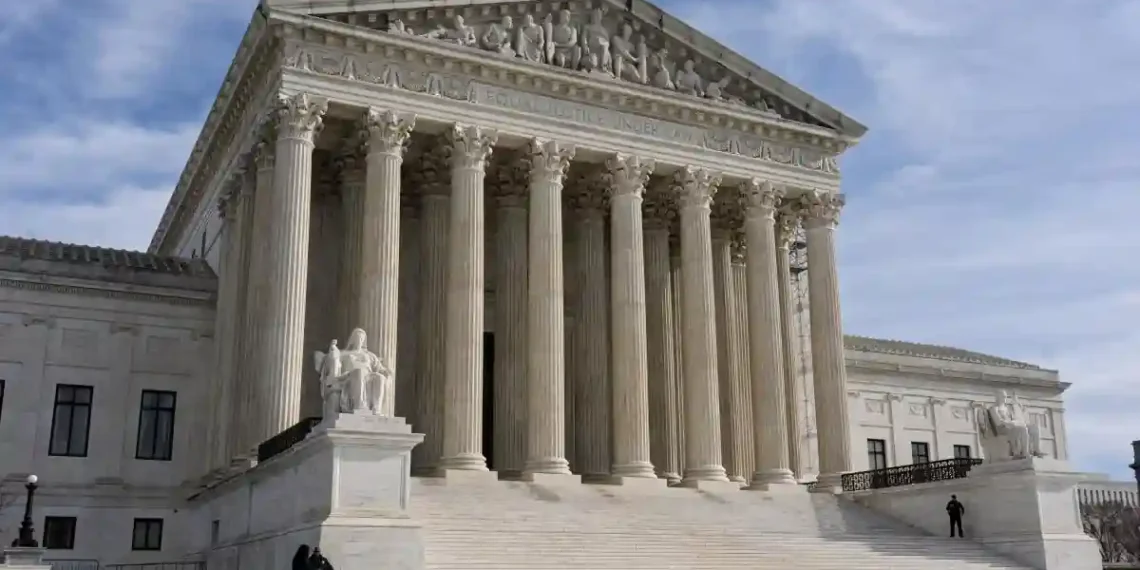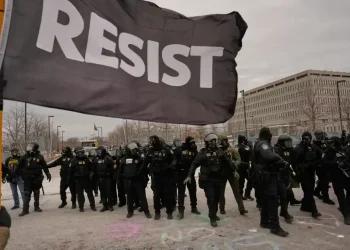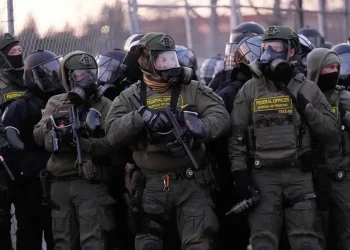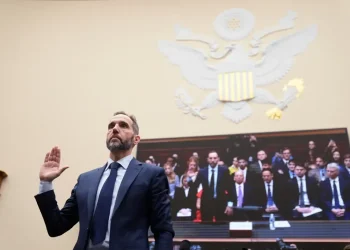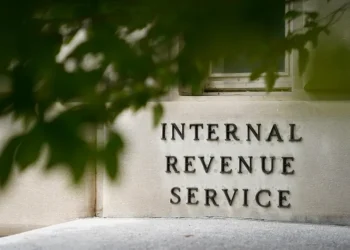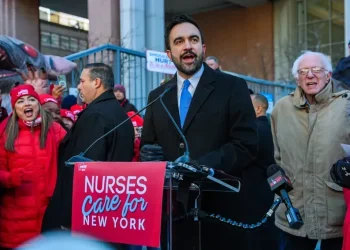Alito Criticizes Supreme Court’s Rushed Block on Deportations in Sharp Dissent
WASHINGTON (AP) — In a scathing dissent, Supreme Court Justice Samuel Alito criticized the Court’s decision to block the Trump administration from deporting Venezuelans held in northern Texas under a controversial 18th-century law. The ruling, made “literally in the middle of the night,” according to Alito, was issued without sufficient explanation and at a stage where many legal avenues had not yet been explored.
Alito, joined by conservative Justice Clarence Thomas, expressed concern over what he called the “dubious factual support” for the emergency appeal filed by the American Civil Liberties Union (ACLU). The ACLU had argued that the Trump administration was attempting to restart deportations under the Alien Enemies Act of 1798, a law seldom invoked in U.S. history.
The Court’s brief order, issued early Saturday, prohibited the removal of Venezuelans held at the Bluebonnet Detention Center in northern Texas “until further order of this court.” While the decision seemed swift, Alito argued that the Court’s action was premature and that the government had not been properly heard.
“The only papers before this Court were those submitted by the applicants. The Court had not ordered or received a response from the Government regarding either the applicants’ factual allegations or the legal issues raised,” Alito wrote. “This intervention was both unprecedented and hasty.”
Alito emphasized that it was unclear whether the Court even had jurisdiction at this stage, given that lower courts had not yet ruled on the matter. Additionally, the Court had not heard from the government’s side, which had not yet had the chance to respond in any of the lower courts. Alito also pointed out that the legal filings presented by the ACLU provided little concrete evidence of imminent deportations, questioning the urgency of the Court’s order.
The administration, which had filed paperwork urging the high court to reconsider its decision, had already faced setbacks in lower courts. On Friday, two federal judges refused to intervene, and the 5th U.S. Circuit Court of Appeals also declined to protect the detainees from deportation.
At the heart of the case were allegations that some Venezuelan detainees at Bluebonnet were connected to the Tren de Aragua gang, a criminal organization that would make them eligible for deportation under the Alien Enemies Act. This law, invoked only three times in U.S. history, was most recently used during World War II to detain Japanese-American civilians in internment camps. The Trump administration argued that the law gave them the authority to swiftly remove individuals associated with the gang, regardless of their immigration status.
The ACLU’s emergency filing warned that immigration authorities were actively seeking to deport these individuals. While lower courts in Colorado, New York, and southern Texas had blocked deportations under the law until a legal process was established, no such order had been issued in the region covering Bluebonnet, which is located in the far northern part of Texas.
Alito’s dissent focused on the rushed nature of the decision, pointing out that the Supreme Court issued the order with little information and no legal justification. He stated, “I refused to join the Court’s order because we had no good reason to think that, under the circumstances, issuing an order at midnight was necessary or appropriate.”
As the legal battle continues, the administration has requested the Court to reconsider its decision. Meanwhile, the ACLU’s fight to prevent deportations under the Alien Enemies Act remains a critical issue for those detained in Texas and beyond.
The case highlights the tension between the Trump administration’s aggressive immigration policies and the legal checks and balances designed to protect individuals’ rights, especially when dealing with laws that have a troubling historical legacy. The legal challenges are likely to continue as both sides argue their case in the coming weeks.
This article was rewritten by JournosNews.com based on verified reporting from trusted sources. The content has been independently reviewed, fact-checked, and edited for accuracy, neutrality, tone, and global readability in accordance with Google News and AdSense standards.
All opinions, quotes, or statements from contributors, experts, or sourced organizations do not necessarily reflect the views of JournosNews.com. JournosNews.com maintains full editorial independence from any external funders, sponsors, or organizations.
Stay informed with JournosNews.com — your trusted source for verified global reporting and in-depth analysis. Follow us on Google News, BlueSky, and X for real-time updates.
